SUING THE GOVERNMENT
SUING THE GOVERNMENT
Stay-At-Home Orders
Stay-at-home orders in the United States have come from many states and a large number of local jurisdictions. This patchwork approach has sometimes led to conflicts between different levels of government and varying dates and rules. Recently, special exemptions have further exacerbated animosity regarding these issues.
California issued the first statewide stay-at-home order in the United States on March 18, 2020. On December 7, 2020, Southern California, the San Joaquin Valley, and the Bay Area all announced new stay-at-home orders. Inevitably, these new California lockdowns will lead to renewed discussions about businesses that want to sue the government.
Map of the First Stay-at-Home Orders
Suing the Government - Sovereign Immunity
There are several issues to discuss related to filing lawsuits against the various governments that have issued stay-at-home orders. However, the first issue to tackle is sovereign immunity. Sovereign immunity refers to the fact that individuals and businesses cannot sue the government without its consent.
Sovereign immunity was derived from British common law doctrine and is based on the idea that the King could do no wrong. Because of the nature of its origins, many scholars call for its abolition. Practically speaking, in the United States, sovereign immunity typically applies to the federal government and state government, but not to municipalities. However, federal and state governments can waive their sovereign immunity.
The Federal Tort Claims Act
The classic example of the federal government waiving its sovereign immunity in a particular area of law is the Federal Tort Claims Act. This Act waives federal immunity for numerous types of torts claims.
There are specific rules you need to follow if you wish to sue the government under the FCTA. For example, suppose you believe you may have a claim for negligence (careless conduct or other wrongful or "tortious" conduct) against a federal agency or employee. In that case, you must first provide the appropriate government agency notice in a specific fashion. Additionally, you may only file a claim if you can demonstrate that (1) he was injured or a federal government employee damaged his property; (2) the employee was acting within the scope of his official duties; (3) the employee was acting negligently or wrongfully; and (4) the negligent or wrongful act proximately caused the injury or damage of which he complains. Unless your claim is allowed by the FTCA, there is a good chance it will be barred by sovereign immunity.
The Tucker Act
The Tucker Act is a similar statute. Under the Tucker Act of 1887, the United States waived its sovereign immunity to certain kinds of claims. Specifically, the Act extended the original Court of Claims' jurisdiction to include claims for liquidated or unliquidated damages arising from the Constitution (including takings claims under the Fifth Amendment), a federal statute or regulation, and claims in cases not arising in tort. The Act's relevant text is codified in 28 U.S.C. §§ 1346(a) and 1491.
Expressly, the Tucker Act permits three kinds of claims against the government: (1) contractual claims, (2) noncontractual claims where the plaintiff seeks the return of money paid to the government, and (3) noncontractual claims where the plaintiff asserts that he is entitled to payment by the government. Again, if you claim this nature that is not permitted by the Tucker Act, it will likely be barred by sovereign immunity.
Mandamus
Mandamus is a relatively technical concept. Generally, it is a judicial remedy in the form of an order from a court to any government, subordinate court, corporation, or public authority, to do (or forbear from doing) some specific act which that body is obliged under law to do (or refrain from doing), and which is in the nature of public duty, and certain cases one of a statutory duty.
A practical example is a lawsuit filed by 37 Las Vegas, Nevada bar owners against Nevada, the Governor of Nevada, the Secretary of State of Nevada, and the Chief Deputy Secretary of State of Nevada. You can find a copy of the lawsuit HERE.
A summary of the Plaintiffs' allegations is as follows:
On July 10, 2020, Governor Sisolak issued Declaration of Emergency Directive 027 ("Directive 27"), which effectively forced the closure of many bars and taverns throughout the State and put thousands of Nevadans out of work. This action was taken without regard to (1) recent reports from OSHA, the Clark County Business License Department, and the Gaming Control Board demonstrating that the vast majority of bars (and all of the Plaintiffs/Respondents in this case) were fully compliant with all Phase Two reopening procedures and (2) a complete absence of evidence that sitting at a bar top or at a table within the bar area increases the likelihood of contracting COVID-19 so long as the bar or tavern complies with all of the Phase Two requirements.
Based on these allegations, the Plaintiffs requested that the Court: (1) Declare that Sections 5 and 6 of Directive 27 are invalid and unenforceable against bar and tavern owners who are compliant with the Phase Two requirements related to social distancing and face coverings; (2) Enjoin enforcement of the Governor's arbitrary and capricious action; and Order Governor Sisolak to amend Directive 27 to rescind sections 5 and 6; and (3) Allow bars and taverns to resume operating under Phase Two of Nevada's Reopening Response Plan.
As was requested by these 37 bar owners, a writ of mandamus is only appropriately used in matters requesting extraordinary relief. Based on the inherent complexity involved in suing the government, a client must understand the nature of their claims and clearly articulate how the government has injured them or their business. After that, it is crucial to find counsel that understands the relevant procedural issues you will encounter in this unique area of law.



